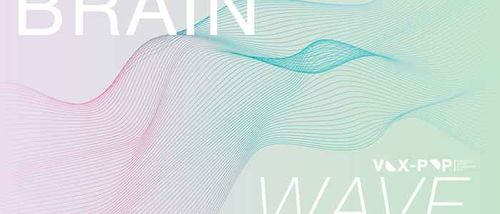Brainwave #4 Worlding beyond Wording

Verbal language shapes how we connect, but it can also limit who is heard and how we understand one another. This programme looks at what lies beyond those limits: the silences, gestures, textures, and sensory interactions that don’t fit neatly into words. By focusing on these forms of communication, we question normative ideas of understanding and open space for different ways of relating and making meaning—both inside and outside the university. Join us to explore these alternative modes of connecting, creating, and communicating.
Through hands-on exercises, you will experiment with texture, movement, and touch to see how material interaction can influence interpretation. The session offers a concrete, guided experience: making, handling, and responding to fabric-based forms, and reflecting on how these non-verbal methods can shape how we understand expression and communication.
Practical information
16.30 - 16.45 Introduction by Julia Stoll
16.45 - 17.00 Screening of Thank You for Calling by Vera Lelie and Kwint Jongerius
17.00 - 17.30 Artist talk with Vera Lelie
17.30 - 17.45 Break and Roaming
17.45 - 18.15 Artist Talk by Renske Tiemersma
18.15 - 18.30 Q&A
Participation is free of charge, but we kindly ask you to register in advance.
For whom: All body-minds and neuro-types are warmly invited to join.